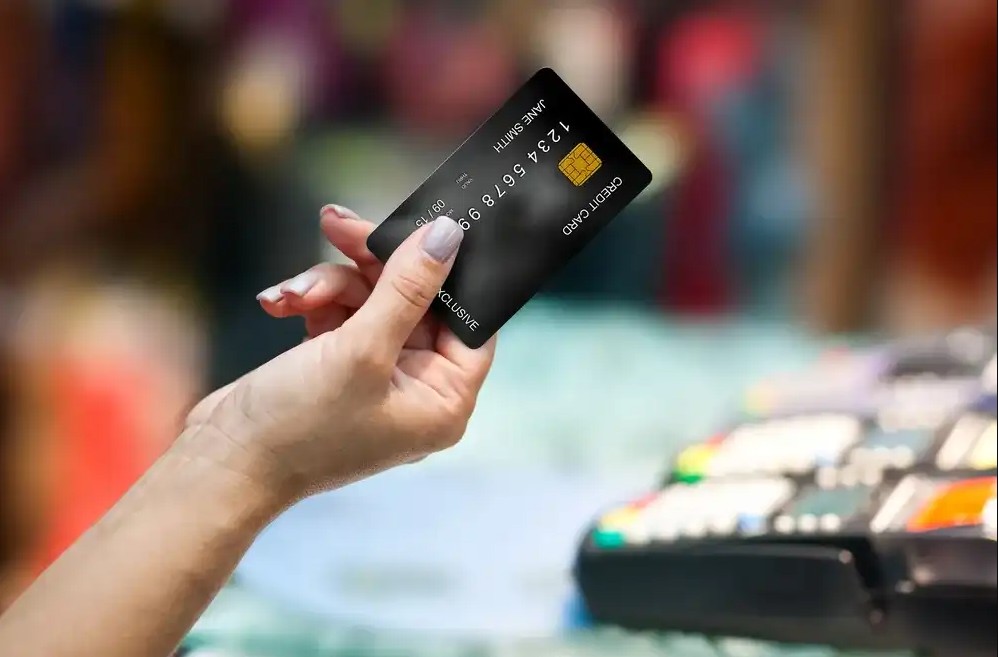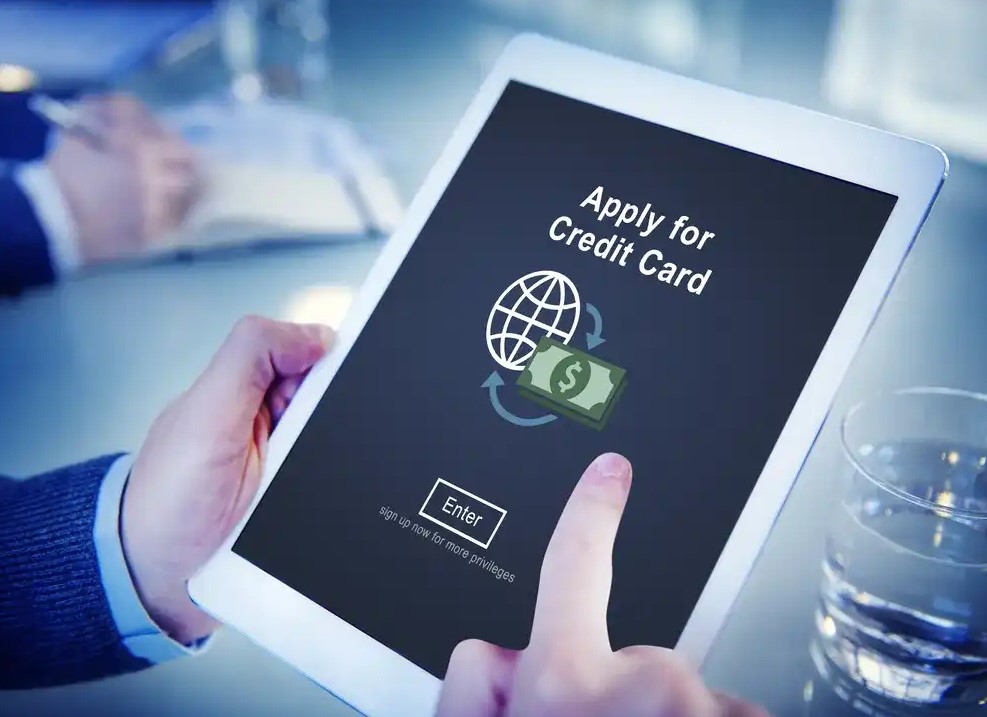Cash Store Blog
Things to Know When Applying For a Credit Card
Applying for a credit card can be exciting, but it can also be a bit intimidating. With a credit card comes great power and a whole lot of responsibility. That’s why it is so important to understand what you are getting into before you submit that application.
Though credit cards allow us to spread out costs over time, there are fees involved in the process. Credit cards come with interest rates, more commonly referred to as APRs, and in some cases, there may be an application fee.
While marketing firms often highlight the benefits and rewards of using credit cards, such as cashback, travel points, and special discounts, this sometimes overshadows the less appealing aspects.
As a result, uneducated consumers may encounter surprise fees or stringent payback terms that can lead to financial strain and headaches. It's common for people to confuse credit cards or lines of credit with cash loans, not realizing the significant differences in structure and terms. Cash loans, for instance, usually come with higher interest rates and no grace period, contrasting sharply with the more flexible terms of credit cards or lines of credit.
This article aims to clarify the credit card application process. We hope that at the end, you’ll feel more confident and know what to expect when you sign on that dotted line.

How Do Credit Cards Work?
As we alluded to earlier, credit cards let you borrow money to buy things. First, you apply for the card itself. The credit card lender checks things like your credit score, income, current debt level, etc. If they say yes, you get a card with a money limit you can spend.
This limit is how much you can borrow. If you spend some and pay it back, you can spend it again. This is your credit limit. You get a bill every month to pay back what you borrowed. You are charged interest if you don't pay it all back in full at the end of the payment period. Currently, the average interest rate on a credit card is 24.37%.
So, let’s say you head out and buy that Louis Vuitton hobo handbag you have admired all season. That handbag will set you back about $3,600. If you only pay $300 by that month’s due date, you’ll pay interest on $3,300. That’s $67.02 in interest for just one month, and can quickly become $800 over the course of a year if you only make minimum payments.
Why does this matter? When it comes to your credit card purchases, the more you pay back on time, the better. And, sometimes, if you're good at paying back, the lender will increase your credit limit, giving you the ability to borrow more money.
What to Pay Attention to When You Apply for a Credit Card
Though all credit cards work on the same premise—make a purchase and make payments each month until the debt has been paid off—each card has different terms and conditions. Before you agree to sign up for any credit card, make sure you read the fine print for the offer.
Here are the credit card terms and conditions you need to be on the lookout for:
- Credit Limit: Your credit limit is the amount you can borrow on the card at any given time. However, it’s important to understand that even if you are approved for a $5,000 credit limit, you shouldn’t necessarily go out and spend that full amount. Ideally, your balance to credit limit should always be 30% or below. So, take our Louis Vuitton hobo handbag example from earlier. That purchase alone would put your balance at 72% of your limit.
- Repayment Terms: These are the rules about paying back what you owe. You usually pay every month. Try to pay on time to avoid extra fees. Also, know that if you develop a history of late payments, your credit card lender may report your late payment history to the credit bureaus. This can have a serious impact on your credit score.
- Interest Rates on Unpaid Balance: Credit card interest rates consist of the extra money you pay if you don't pay your full bill. As we shared in our example, it can add up, so be careful.
- Benefits: Some cards give you rewards like cash back or points for flights. Pick a card that has benefits you will use. For example, if you like to travel, you may wish to get a credit card that rewards you with airline miles. Or, if you are a homebody, you may want to get a credit card from a local retailer like Target where you do much of your shopping.
- Card Acceptance: Not all places take every credit card. Make sure your card is accepted where you shop most. Visa and Mastercard are the most widely accepted. Discover and American Express tend to have more restrictions.
- Annual Fees: Some cards charge you every year just for having the card. If there's a fee, make sure the benefits are worth it. And, if you maintain a zero balance and aren’t paying attention, the fee can be charged and before you know it, you have a late fee because you haven’t paid your bill.

What Happens If You Can’t Pay Off Credit Card Debt?
When you take on the responsibility of a credit card, you need to ensure that you have the means to pay off the bill at any given time. Ideally, you should pay off your balance each month or keep the balance below 30% (commonly referred to as your credit card utilization rate).
Several things might happen if you can't pay off your credit card debt. First, if a balance stays unpaid for a long time, you'll face extra penalties or more interest. This means you'll owe even more money than before.
If the debt continues to go unpaid, the credit card company might try to get the money directly from your wages, known as garnishing wages. Alternatively, they might send your account to collections. This can lead to stressful calls and letters from debt collectors. Sometimes, they might even cancel your credit card, making it impossible to use it anymore. And further, it can mean a significant hit to your credit score, and will remain in your credit report for up to seven years.
If you're struggling with credit card debt, there are a few alternatives to consider. Payday loans are short-term loans that can help you cover expenses until your next paycheck. However, they usually have high-interest rates. Installment loans let you borrow a set amount of money that you pay back over time, which can be more manageable.
Credit card companies might let you restructure your payment period or set up a payment plan. This means they'll work with you to make paying back what you owe easier. But, using one credit card to pay off another is not advised. It's like moving your debt around instead of paying it off and can lead to more financial trouble.
Be in the Know When Applying For a Credit Card
When you apply for a credit card, you need to be in the know and ensure you have the financial means to make your monthly payments. The more you pay off each month, the better off you’ll be. This means looking closely at your family budget to know how much you can spend and where the money to pay off the bill will come from.
Do you need help managing your credit card debt in the short term? Cash Store can help. Fill out our pre-qualification application today.


